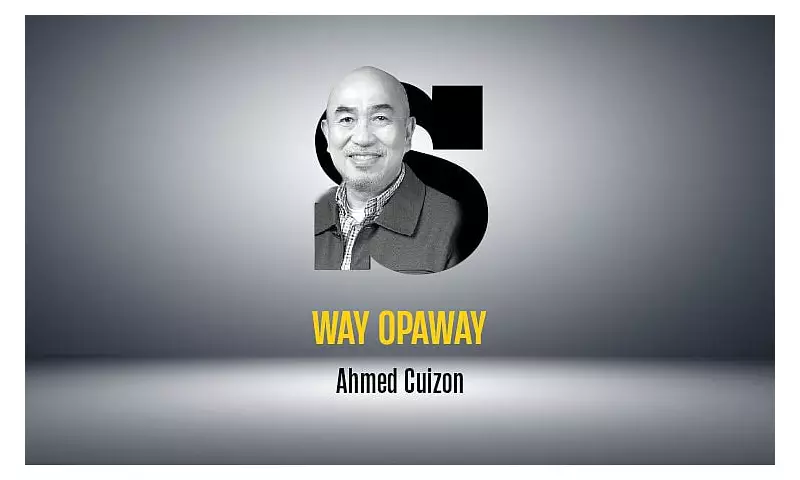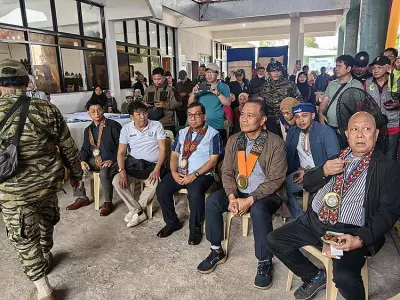
November 1st stands as a significant date in Cebu's rich historical calendar, marking pivotal moments that have shaped the island's identity and development through the centuries.
The Spanish Colonial Era
During the Spanish period, November 1st was deeply intertwined with religious observances and colonial administration. The day typically featured special Catholic masses and community gatherings that reflected the fusion of Spanish traditions with local Cebuano culture.
American Period Developments
The American colonial era brought new significance to November 1st, with the date often coinciding with administrative changes, educational reforms, and the introduction of new governance structures that would influence Cebu's modern development.
Post-War Transformations
Following World War II, November 1st became a day of remembrance and rebuilding. The date witnessed various community initiatives and reconstruction efforts that helped shape contemporary Cebuano society.
Modern Significance
In recent decades, November 1st has evolved to encompass cultural celebrations, historical commemorations, and community events that honor Cebu's diverse heritage while looking toward the future.
Key Historical Themes
- Cultural Preservation: How November 1st events have maintained Cebuano traditions
- Political Milestones: Important governance changes occurring on this date
- Social Evolution: The transformation of community practices over time
- Economic Developments: Significant business and trade initiatives launched on November 1st
The historical tapestry of November 1st in Cebu reveals a fascinating narrative of resilience, adaptation, and cultural continuity that continues to define the Cebuano spirit today.





